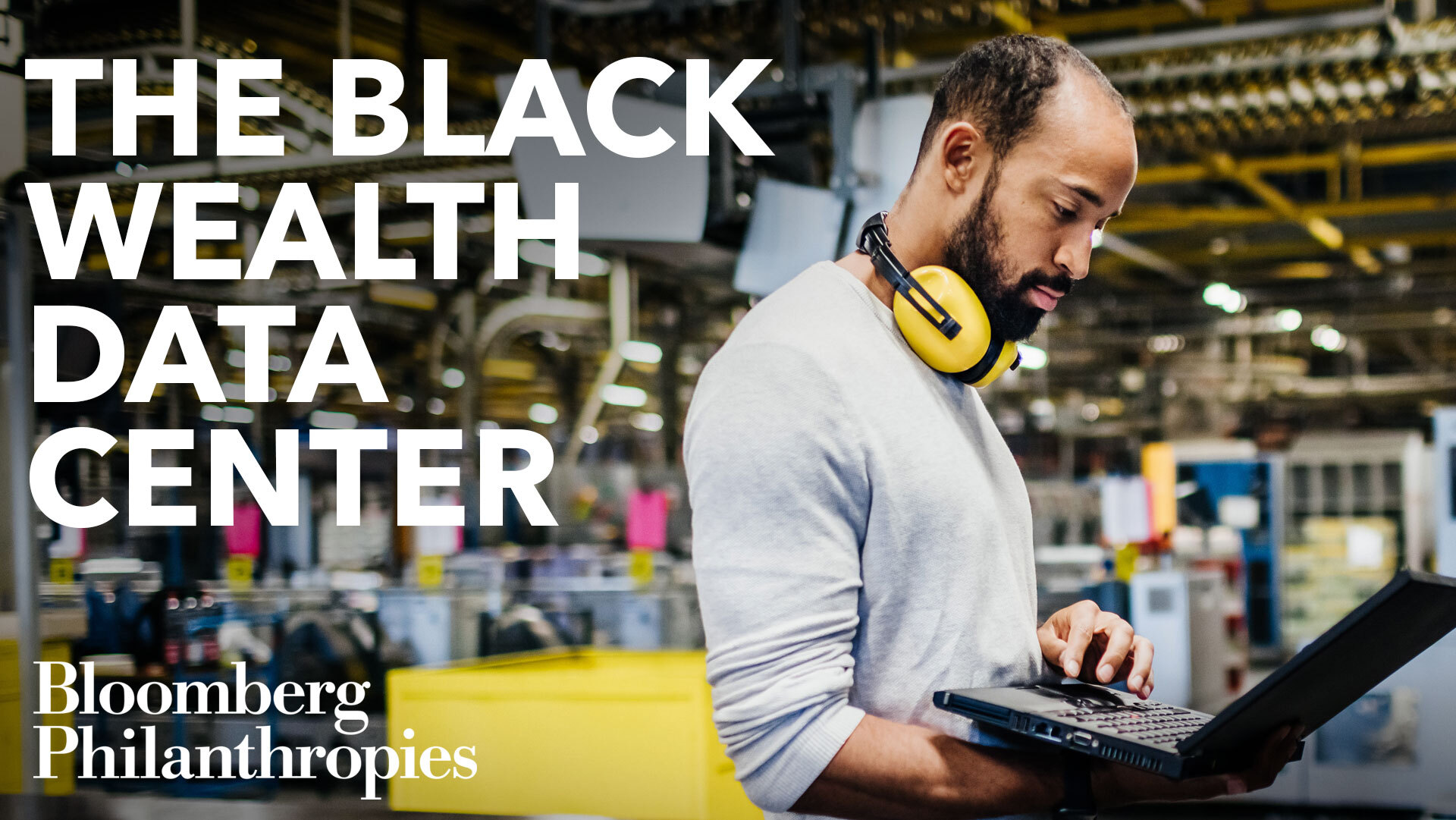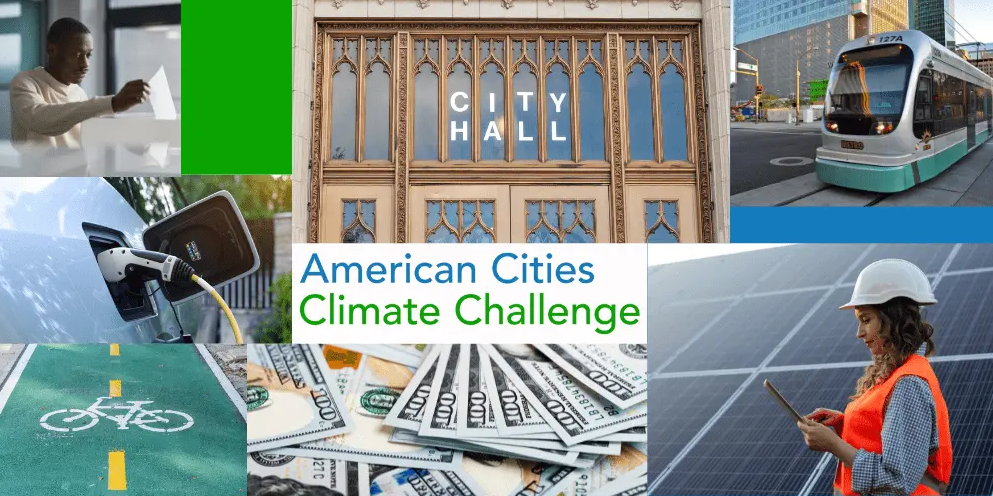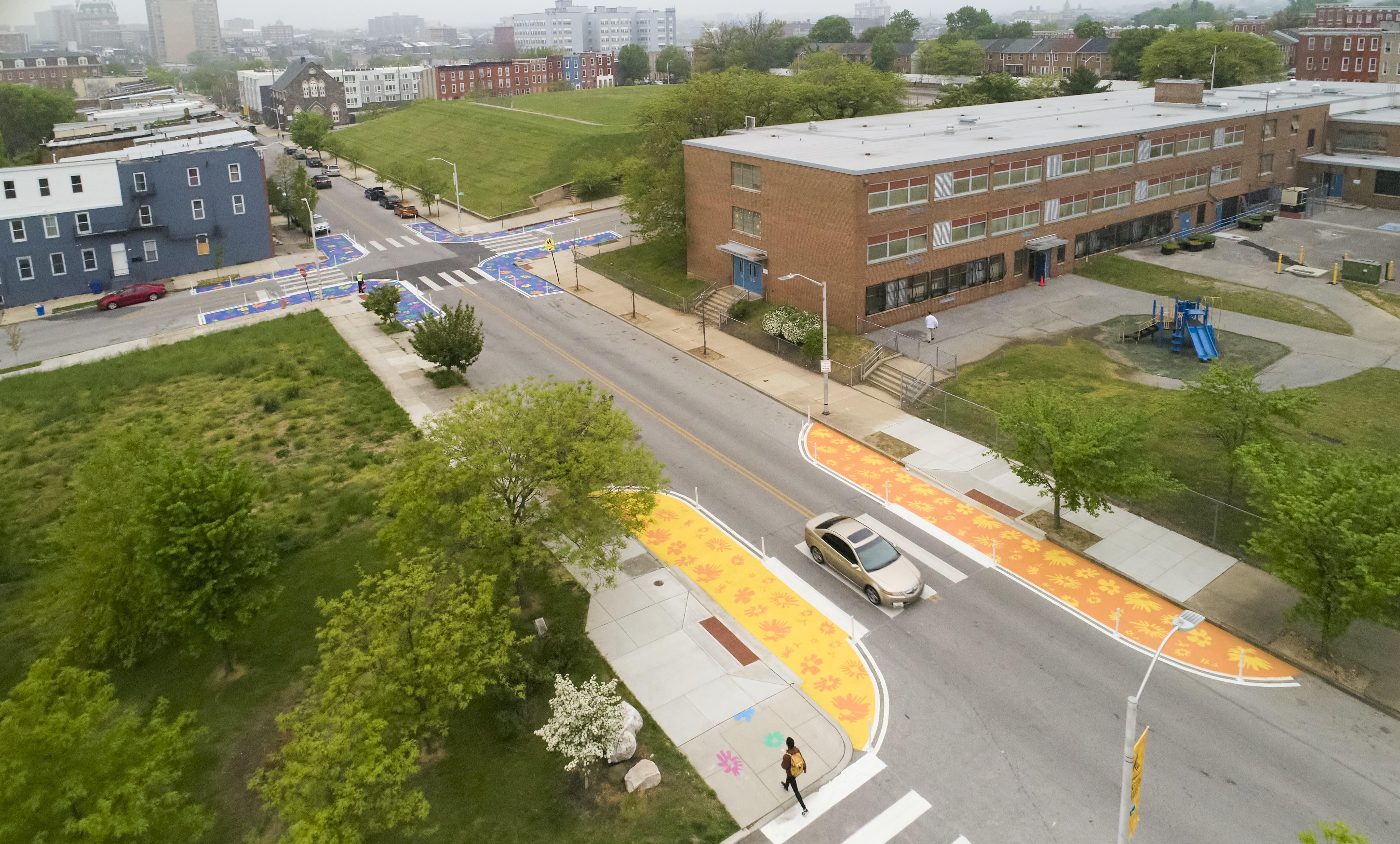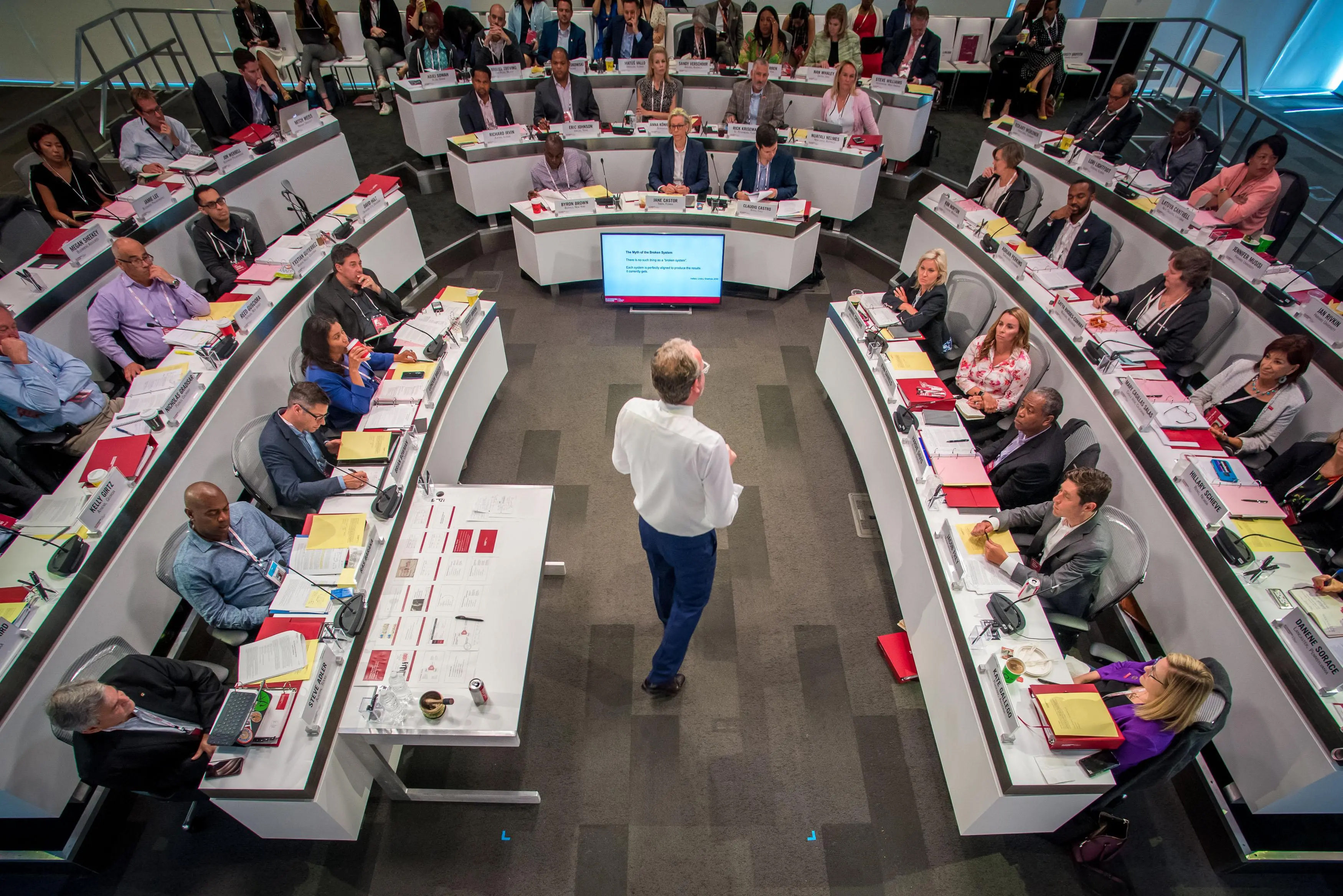
How Data Can Help Close the Racial Wealth Divide
September 15, 2022
Launched by our Greenwood Initiative, the Black Wealth Data Center’s new Racial Wealth Equity Database will serve as a resource to empower leaders who are working to ensure that data can be used to drive solutions for racial wealth equity.
Read more
Follow the Data Podcast: Providing Greater Access to Racial Wealth Equity Data
September 15, 2022
On this episode of Follow the Data, Garnesha Ezediaro, who leads Bloomberg Philanthropies’ Greenwood Initiative, is joined by Natalie Evans Harris, the Executive Director of the Black Wealth Data Center, who brings nearly 20 years of experience advancing the public sector’s strategic use of data, and Gary Cunningham, President and CEO of Prosperity Now.
They discuss how the Black Wealth Data Center will give leaders access to tools and data they need to speed up progress towards increasing Black wealth, what types of data people will be able to access on site, the importance of data in the fight for racial wealth equity, and more.
Read more
Leading confidently with data: 3 steps for every city leader
September 7, 2022
We’re doubling down on our work with mayors in the new Bloomberg Philanthropies City Data Alliance. The program’s aim is to identify 100 cities across North, Central, and South America that are the most sophisticated, ambitious, and advanced at harnessing data, and enable their top leaders to chart the next frontier of public-sector data practice.
Read more
4 ways cities are funding climate action
August 24, 2022
When President Biden signed the Inflation Reduction Act, city leaders heralded the new law’s massive investment in addressing climate change, including billions of federal dollars municipalities can tap into for climate projects. Yet in some ways, the feds were just catching up to what cities have been doing on their own for years. City leaders were already moving urgently to slash greenhouse-gas emissions and find ways to pay for it when federal support was scarce.
Read more
Why Mike Bloomberg is Committed to Supporting Charter Schools
August 12, 2022
Mike Bloomberg believes that every student deserves the chance to get a high-quality education, no matter where they live or how much their family earns – and our $750 million investment in public charter schools will help make that a reality for students across the country.
Read more
Borrow this idea!
August 3, 2022
The more city leaders learn from each other, the faster they can innovate and the more ambitious they can be in solving problems and creating opportunities for their residents.
Read more
Follow the Data Podcast: Secrets of the Retail Food Environment
July 29, 2022
In this episode, Kristine Momanyi of the Bloomberg Philanthropies public health team sits down with Sara John, the Senior Policy Director at CSPI – the Center for Science in the Public Interest, Ingrid de Santiago, the Program Coordinator at Bay Area Community Resources, and Anjelika Khadka, a youth advocate taking a stand for healthier food environments in her community. They discuss the deceptive marketing practices food and beverage manufacturers employ to sway shoppers’ decisions in grocery stores and CSPI’s request to the Federal Trade Commission to bring these practices to light. Ingrid and Anjelika also tell us more about the Bay Area’s initial reception to the healthy checkout ordinance and learnings from advocating for local healthy food policies.
Read more
Fine Tuning City Grants Management
July 28, 2022
Bloomberg Philanthropies and the U.S. Conference of Mayors recently hosted a workshop on ways local government can effectively identify, distribute, manage, and track the current high levels of funding. The session for over 150 city officials was part of the Federal Assistance e311 program.
Read more
Surrounding a School with Safer Streets in Baltimore
July 22, 2022
The Asphalt Art Initiative supports cities using art and community engagement to improve street safety and revitalize public space. Through colorful crosswalks, intersection murals, and artistic pedestrian plazas, asphalt art is a relatively inexpensive way to create temporary improvements to city streets that make them safer and more welcoming for the residents and visitors who use them every day.
Read more
How leadership training is shaping a generation of mayors
July 20, 2022
The Bloomberg Harvard City Leadership Initiative welcomed its sixth class of mayors, a diverse group of 40 leaders from North America, Latin America, Europe, and Africa.
Read more